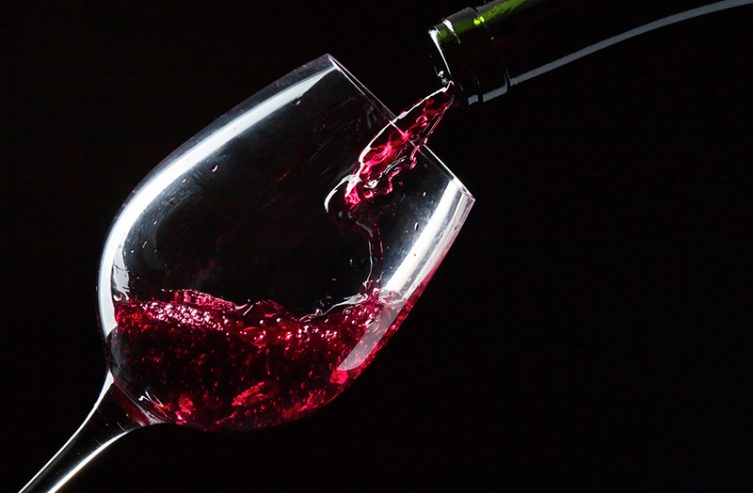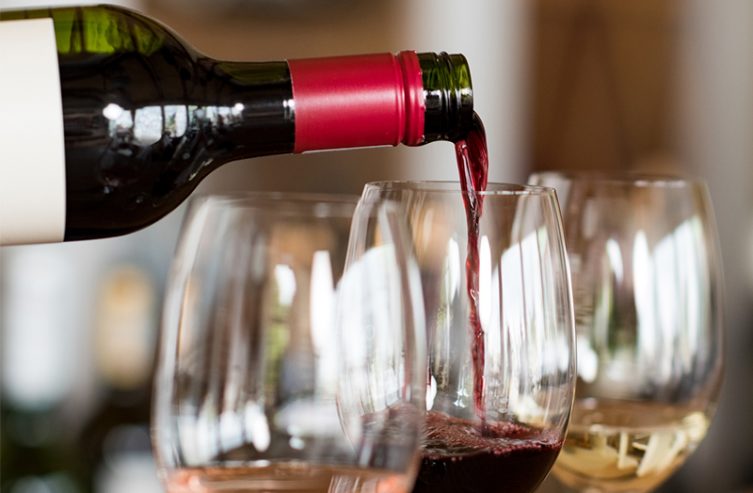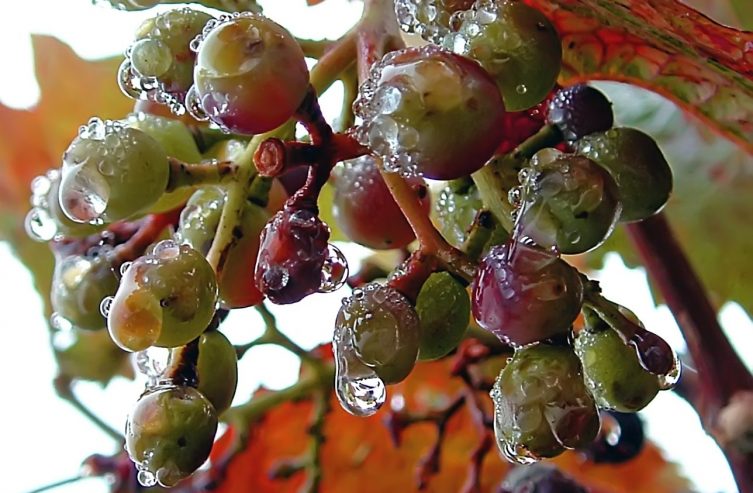Dessert wine – it’s a term that pops up every now and again, but especially inexperienced wine lovers tend to get a little confused by. What does wine have to do with a post-dinner sweet treat?

A dessert wine is first of all a wine that has such a high sweetness that it can accompany a sweet dessert. One of the most important principles for the harmony of food and wine is that the meal should never be sweeter than wine. In other words, the wine must be at least as sweet as the food. If you were to drink a non-sweet, “dry” wine while having a a sweet dessert, the wine would have a very sour note.
How Do You Get Wine To Be So Sweet That It Matches With Desserts?

There are essentially three methods. The most famous and straight forward is probably the dessert wine made from very ripe, or even overripe, grapes. These grapes are harvested at a very late stage. Sugar is formed in the grapes in such a high degree that they still show a high degree of sweetness after the fermentation to wine. For particularly high-quality dessert wine of this style, vintners even go a step further: They hope for an infestation of their vines by so-called noble rot. In this case the skin of the grapes becomes porous and the water evaporates from them, which causes all other ingredients, the aroma, the acid, but also the sweetness, to concentrate in a much stronger fashion.. Known examples for wines produced from grapes infected with noble rot are the rare and coveted “Beerenauslese” or “Trockenbeerenauslesen”.
Dessert Wine: The Very Special Ice Wine

A different way of concentrating the ingredients and sugars in the grapes is used in the vary rare ice wines. The grapes are left hanging on the vine until very late in the year, with vintners hoping for an early frost. If temperatures drop to 19°F / -7°C or lower, the frozen grapes are quickly harvested and immediately squeezed out. As the water in the grapes is frozen, it is retained in the grapes. In what little juice can be pressed out of these frozen grapes, sugar, acid and aroma are highly concentrated.
A third group of dessert wines are the so-called liqueur wines, among which, for example, you would fine port wine or the Muscat wines of Southern France. The fermentation of the sweet grapes is interrupted by the addition of alcohol, resulting in a sweet wine that is rich in alcohol content.
By the way: Dessert wines aren’t just perfect for sweet dessert, they are also great in combination with spicy cheese! The fruity sweetness of the wine helps cut the salty flavors of the cheese. Try this with one the classics, like Roquefort or Stilton cheese.